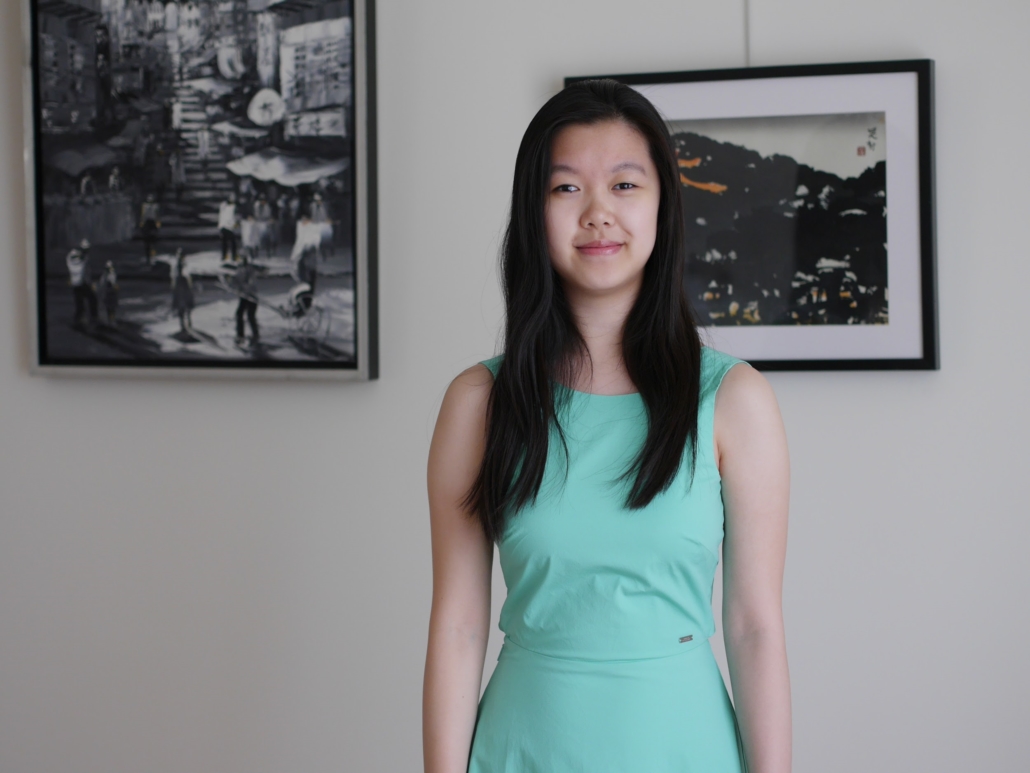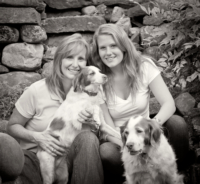 Sebastiaan West, piano
Sebastiaan West, piano
Mount Mansfield Union
VT Youth Orchestra – 3 years
January 2019 Senior Soloist
How did you choose your instrument over all of the others?
When I was five, I began playing around on my family’s old upright. I always kind of gravitated towards it, partly because of how logically it’s laid out and partly because of the grandiosity of the sounds it’s capable of. For me it’s the most intuitive way of speaking in a musical idiom, since it’s such a visual, cerebral instrument without losing the capability to create absolutely heart-wrenching textures.
What do you enjoy most about playing in an orchestra?
I absolutely love the way that we get to tell a story together. I remember being in eighth grade and playing piano for Stravinsky’s Firebird Suite–the big chords at the end were like a grand, forgiving, cleansing church bell. I have felt so much catharsis and joy and sadness while onstage or in rehearsal with the VYO.
What has been your biggest musical breakthrough?
I’d say that it was definitely touring Cape Breton Island with the Young Tradition Vermont Touring Group. We were playing mostly Celtic music, and I remember waking up one morning and just feeling absolutely immersed in beauty. Everywhere I turned there were beautiful people making beautiful music. I thought to myself, ‘you know, this music thing is kind of alright.’
What advice would you give to younger music students as they strive to build their skills?
PLAY MUSIC YOU LIKE! I always find that I play and practice best when I’m playing music that I want to be playing. Work hard, but know what you’re working for. Tell a story.
What kinds of changes would you like to see in the orchestral world?
I’d like to see a greater emphasis on the importance of music theory and composition. They’re often hailed as this ‘holy-grail’ process, that only musical elites or specifically talented composers can achieve. In my experience, composition is really the same process as performance, and studying one really reinforces the other. Of course, great composers should be hailed with the same reverence as great musicians, but that doesn’t mean that everyone can’t do both.
What is your favorite VYOA memory?
I’d have to go with every single thing that Dr. Klemme has said in his time as conductor thus far.
Apart from orchestral music, what other kinds of music do you listen to? Do other genres influence what you hear in orchestral music?
I do a lot of jazz, and listen to a bunch of Irish, Scottish, and Québécois traditional music. They really, really help me as a classical musician–as someone starting to develop their own style of appreciation and interpretation, it’s really helpful to have media where the narrative and harmonic complexity is a little bit reduced, like in Celtic trad; it makes it a lot easier to answer the questions of what sounds good in a melody, how a melody and an accompaniment fit together, and where the entire classical genre even came from.
What other activities do you participate in?
I lead a jazz combo, am part of another jazz combo, and play piano and accordion in the Young Tradition Vermont Touring Group. I honestly spend the better part of everyday playing music, depending on what style I’m doing more of that day. School is definitely winding down but is still taking up a big chunk of my time; besides that I’m also working on my Eagle Scout Project.
What college or university do you plan or hope to attend next year?
I’m not one hundred percent sure, but I’m pretty set on the University of Chicago, that is, after taking a gap year to play music around Europe.
What do you plan to study in college?
I’ll probably be studying something around the lines of either biology or ethnomusicology, or both, while performing regularly around wherever I end up going.



 Paige Greenia, clarinet
Paige Greenia, clarinet Sebastiaan West, piano
Sebastiaan West, piano